ESCULAPE
Project ID: 101131147 MSCA-RISE-2022-SE-01 - Marie Skłodowska-Curie Research and Innovation Staff Exchange (RISE)
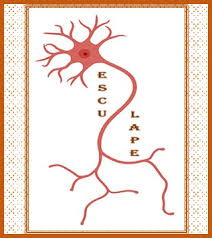 The project ESCULAPE project is targeted to building a strong interdisciplinary partnership in order to support joint research and innovative activities in the fields of biomaterials, polymer science, nanotechnology, tissue engineering, microbiology and medicine with the aim to explore development and implementation of new medical engineering solutions for regenerative medicine and wearable electronics. The project will offer novel solutions using MXenes to modify properties and qualities of porous 3D electrospun nanoscaffolds, which will be used in tissue engineering for regenerative biomedicine and development of wearable electronics on both woven and non-woven fabrics. The main goal of the ESCULAPE project is to build a new training partnership to develop innovative strategies to achieve advanced biomaterials with target-oriented properties (electrical conductivity, biocompatibility etc.) that will be able to deliver specific features for regeneration of heart and nerve tissues, regulation of homeostasis in iPSCs, as well as in development of wearable electronics.
The project ESCULAPE project is targeted to building a strong interdisciplinary partnership in order to support joint research and innovative activities in the fields of biomaterials, polymer science, nanotechnology, tissue engineering, microbiology and medicine with the aim to explore development and implementation of new medical engineering solutions for regenerative medicine and wearable electronics. The project will offer novel solutions using MXenes to modify properties and qualities of porous 3D electrospun nanoscaffolds, which will be used in tissue engineering for regenerative biomedicine and development of wearable electronics on both woven and non-woven fabrics. The main goal of the ESCULAPE project is to build a new training partnership to develop innovative strategies to achieve advanced biomaterials with target-oriented properties (electrical conductivity, biocompatibility etc.) that will be able to deliver specific features for regeneration of heart and nerve tissues, regulation of homeostasis in iPSCs, as well as in development of wearable electronics.


 MX-MAP
MX-MAP SALSETH
SALSETH The project CanBioSe targeted to strengthen international and intersectoral collaboration, sharing new ideas and knowledge transfer from research to market and vice versa in the field of nanostructured metal oxide optical biosensors for cancer cells detection. Interdisciplinary project research and innovation goals are targeted to develop a new portable tool for early stage cancer detection which can solve on of important health challenges in EU society.
The project CanBioSe targeted to strengthen international and intersectoral collaboration, sharing new ideas and knowledge transfer from research to market and vice versa in the field of nanostructured metal oxide optical biosensors for cancer cells detection. Interdisciplinary project research and innovation goals are targeted to develop a new portable tool for early stage cancer detection which can solve on of important health challenges in EU society.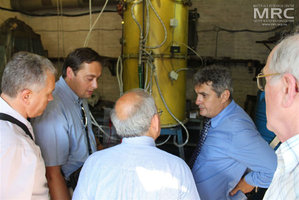 That research project was organized by the U.S. Department of Energy (United States Department of Energy (DoE), Argonne National Laboratory, USA, for the development of new technology for recycling spent batteries for electric drive vehicles.
That research project was organized by the U.S. Department of Energy (United States Department of Energy (DoE), Argonne National Laboratory, USA, for the development of new technology for recycling spent batteries for electric drive vehicles.
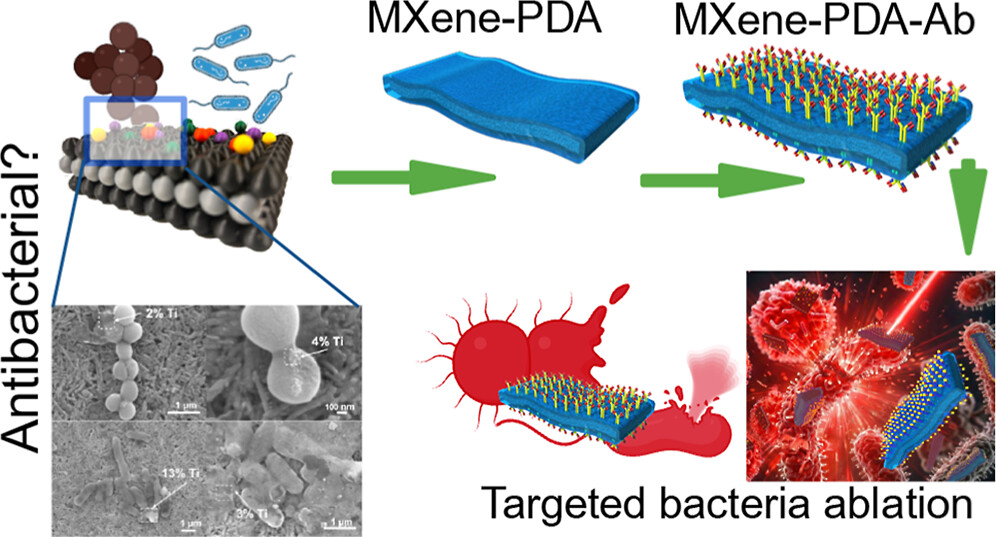 Do MXene nanosheets possess intrinsic antibacterial activity? A systematic study of high-quality Ti-, V-, and Nb-based MXenes reveals negligible inherent antimicrobial effects while highlighting their strong potential for targeted photothermal antibacterial therapy.
Do MXene nanosheets possess intrinsic antibacterial activity? A systematic study of high-quality Ti-, V-, and Nb-based MXenes reveals negligible inherent antimicrobial effects while highlighting their strong potential for targeted photothermal antibacterial therapy. Highlights
Highlights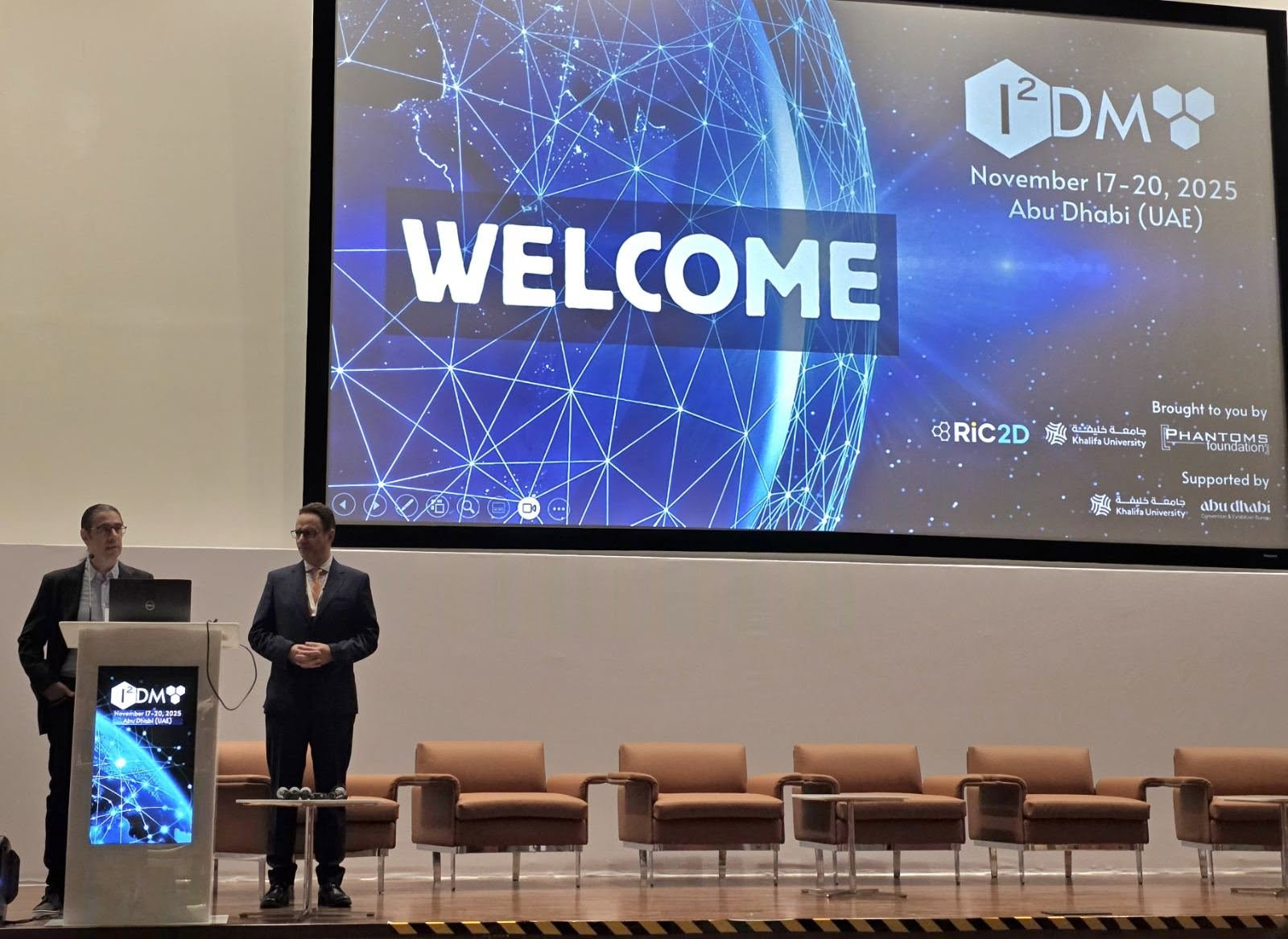 We are excited to share that our Carbon-Ukraine (Y-Carbon LLC) company participated in the I2DM Summit and Expo 2025 at Khalifa University in Abu-Dhabi! Huge thanks to Research & Innovation Center for Graphene and 2D Materials (RIC2D) for hosting such a high-level event.It was an incredible opportunity to meet brilliant researchers and innovators working on the next generation of 2D materials. The insights and energy from the summit will definitely drive new ideas in our own development.
We are excited to share that our Carbon-Ukraine (Y-Carbon LLC) company participated in the I2DM Summit and Expo 2025 at Khalifa University in Abu-Dhabi! Huge thanks to Research & Innovation Center for Graphene and 2D Materials (RIC2D) for hosting such a high-level event.It was an incredible opportunity to meet brilliant researchers and innovators working on the next generation of 2D materials. The insights and energy from the summit will definitely drive new ideas in our own development. Carbon-Ukraine team had the unique opportunity to visit XPANCEO - a Dubai-based deep tech startup company that is developing the first smart contact lenses with AR vision and health monitoring features, working on truly cutting-edge developments.
Carbon-Ukraine team had the unique opportunity to visit XPANCEO - a Dubai-based deep tech startup company that is developing the first smart contact lenses with AR vision and health monitoring features, working on truly cutting-edge developments. Our Carbon-Ukraine team (Y-Carbon LLC) are thrilled to start a new RIC2D project MX-Innovation in collaboration with Drexel University Yury Gogotsi and Khalifa University! Amazing lab tours to project collaborators from Khalifa University, great discussions, strong networking, and a wonderful platform for future collaboration.
Our Carbon-Ukraine team (Y-Carbon LLC) are thrilled to start a new RIC2D project MX-Innovation in collaboration with Drexel University Yury Gogotsi and Khalifa University! Amazing lab tours to project collaborators from Khalifa University, great discussions, strong networking, and a wonderful platform for future collaboration.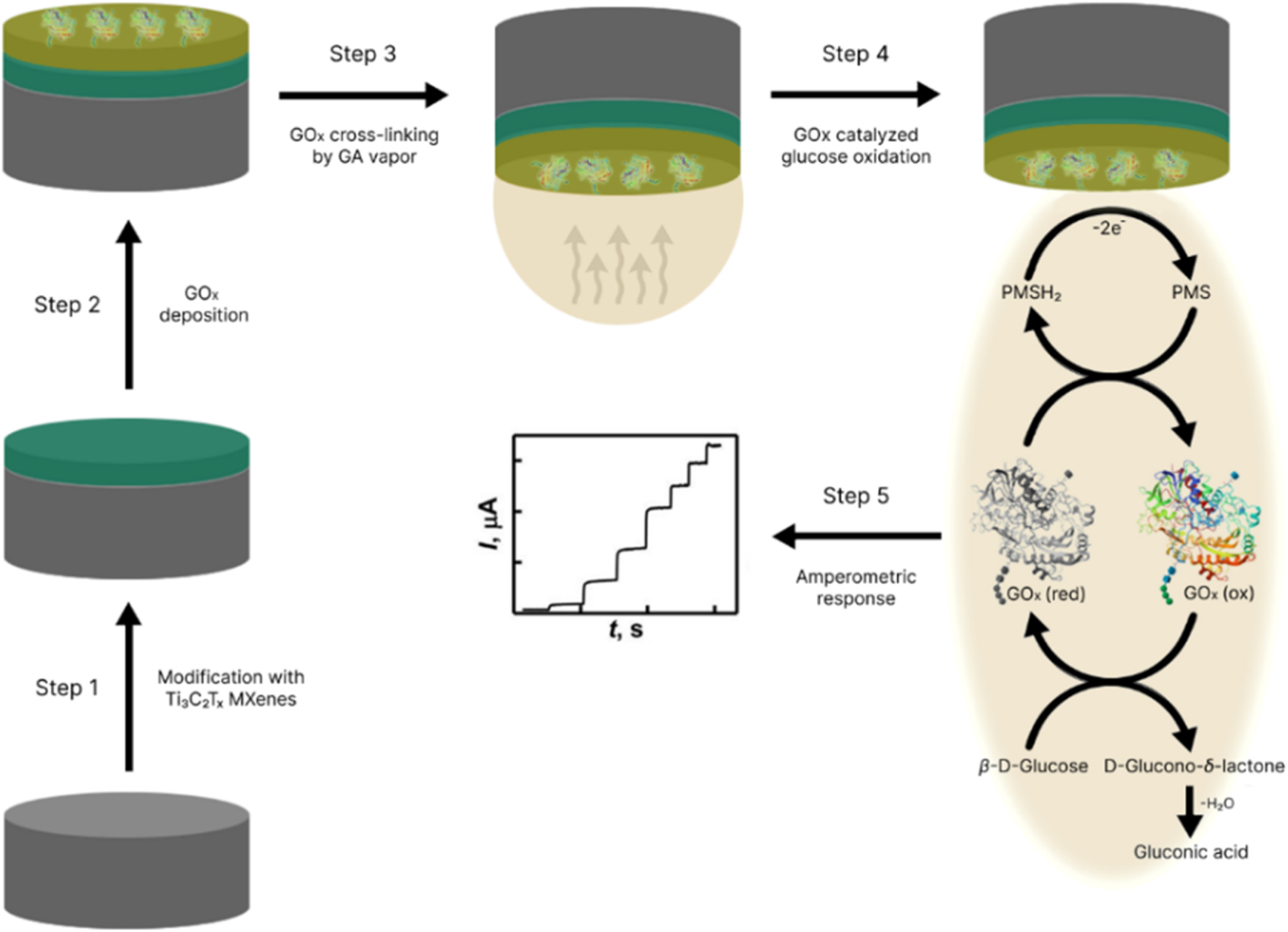
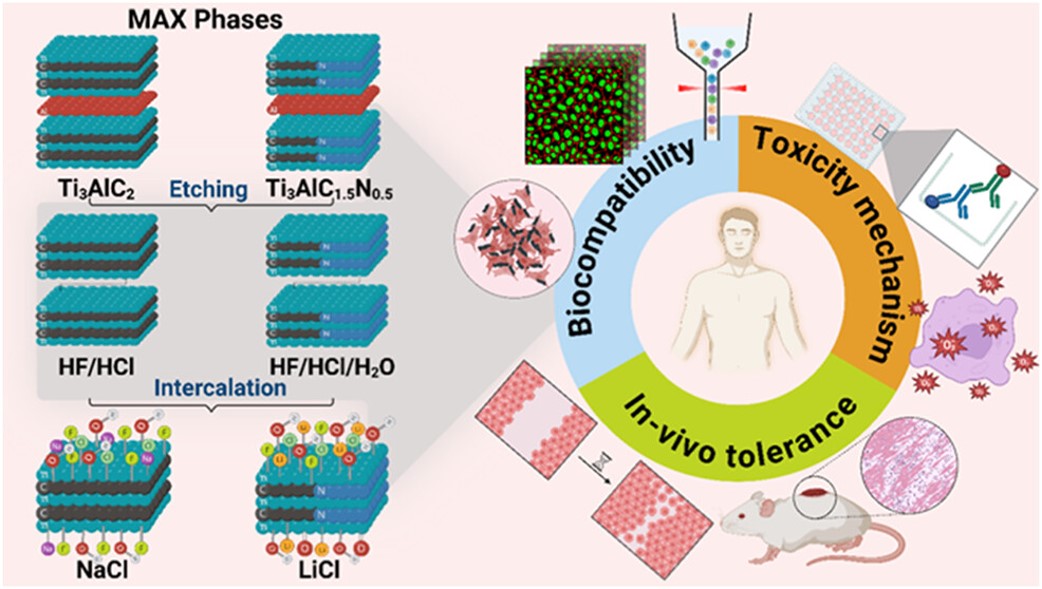 MXenes potential applications include sensors, wound healing materials, and drug delivery systems. A recent study explored how different synthesis methods affect the safety and performance of MXenes. By comparing etching conditions and intercalation strategies, researchers discovered that fine-tuning the surface chemistry of MXenes plays a crucial role in improving biocompatibility. These results provide practical guidelines for developing safer MXenes and bring the field one step closer to real biomedical applications.
MXenes potential applications include sensors, wound healing materials, and drug delivery systems. A recent study explored how different synthesis methods affect the safety and performance of MXenes. By comparing etching conditions and intercalation strategies, researchers discovered that fine-tuning the surface chemistry of MXenes plays a crucial role in improving biocompatibility. These results provide practical guidelines for developing safer MXenes and bring the field one step closer to real biomedical applications. An excellent review highlighting how MXene-based sensors can help tackle one of today’s pressing environmental challenges — heavy metal contamination. Excited to see such impactful work moving the field of environmental monitoring and sensor technology forward!
An excellent review highlighting how MXene-based sensors can help tackle one of today’s pressing environmental challenges — heavy metal contamination. Excited to see such impactful work moving the field of environmental monitoring and sensor technology forward!
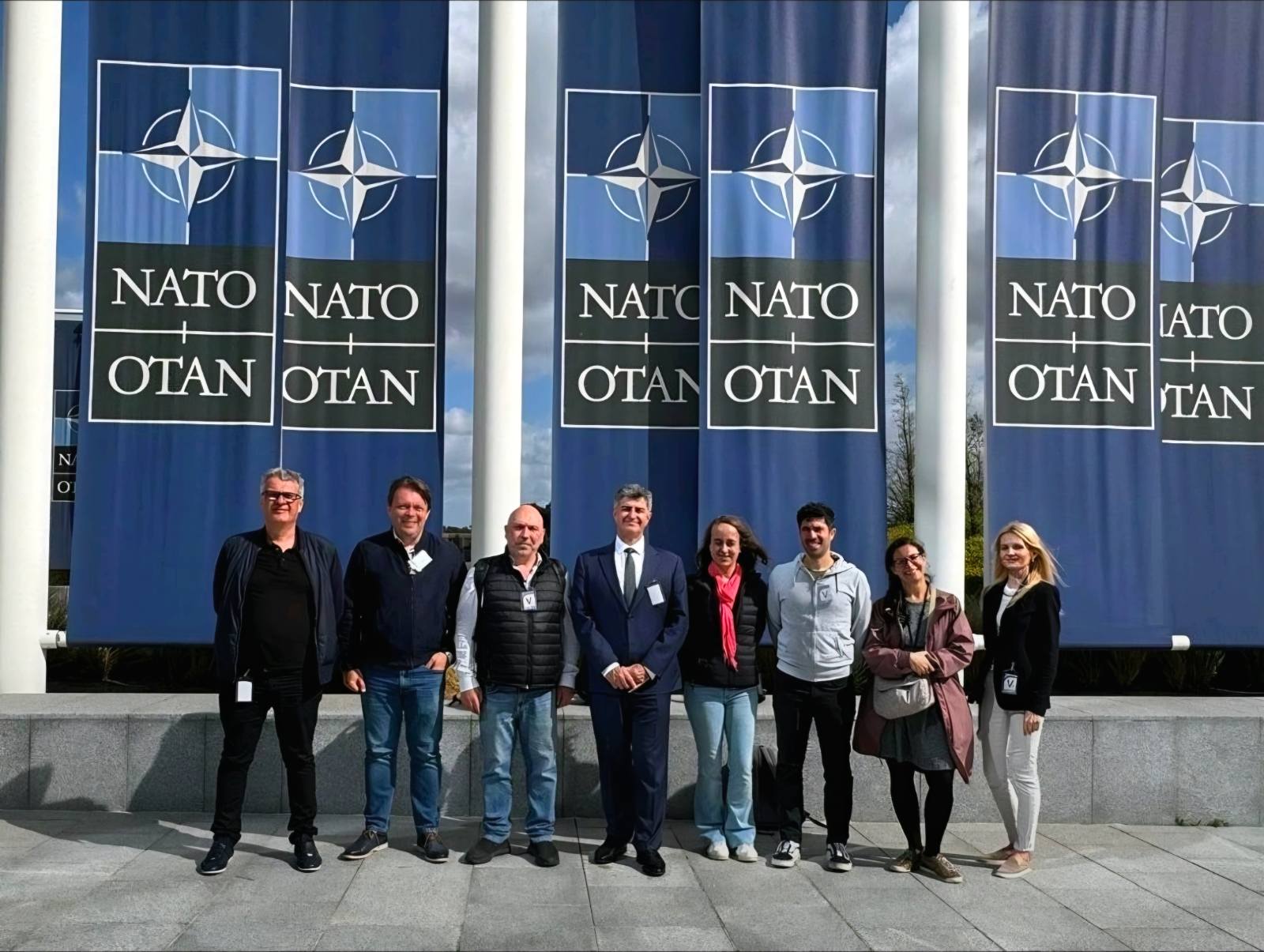 Carbon-Ukraine team was truly delighted to take part in the kickoff meeting of the ATHENA Project (Advanced Digital Engineering Methods to Design MXene-based Nanocomposites for Electro-Magnetic Interference Shielding in Space), supported by NATO through the Science for Peace and Security Programme.
Carbon-Ukraine team was truly delighted to take part in the kickoff meeting of the ATHENA Project (Advanced Digital Engineering Methods to Design MXene-based Nanocomposites for Electro-Magnetic Interference Shielding in Space), supported by NATO through the Science for Peace and Security Programme.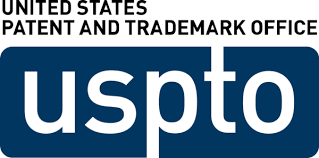 Exellent news, our joint patent application with Drexel University on highly porous MAX phase precursor for MXene synthesis published. Congratulations and thanks to all team involved!
Exellent news, our joint patent application with Drexel University on highly porous MAX phase precursor for MXene synthesis published. Congratulations and thanks to all team involved!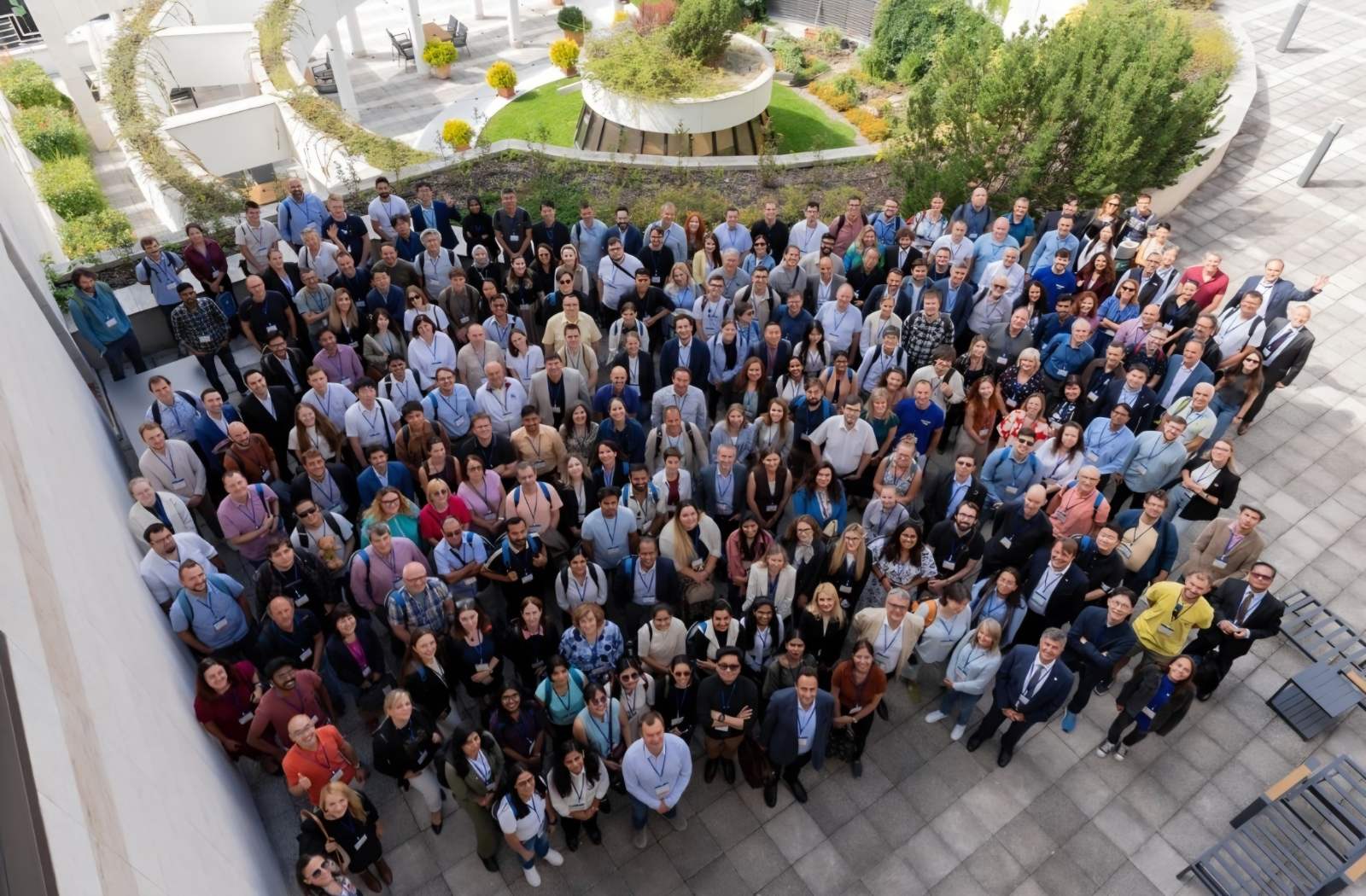 Our team was very delighted to take part in International Symposium "The MXene Frontier: Transformative Nanomaterials Shaping the Future" – the largest MXene event in Europe this year!
Our team was very delighted to take part in International Symposium "The MXene Frontier: Transformative Nanomaterials Shaping the Future" – the largest MXene event in Europe this year!  Last Call! Have you submitted your abstract for IEEE NAP-2025 yet? Join us at the International Symposium on "The MXene Frontier: Transformative Nanomaterials Shaping the Future" – the largest MXene-focused conference in Europe this year! Final Submission Deadline: May 15, 2025. Don’t miss this exclusive opportunity to showcase your research and engage with world leaders in the MXene field!
Last Call! Have you submitted your abstract for IEEE NAP-2025 yet? Join us at the International Symposium on "The MXene Frontier: Transformative Nanomaterials Shaping the Future" – the largest MXene-focused conference in Europe this year! Final Submission Deadline: May 15, 2025. Don’t miss this exclusive opportunity to showcase your research and engage with world leaders in the MXene field!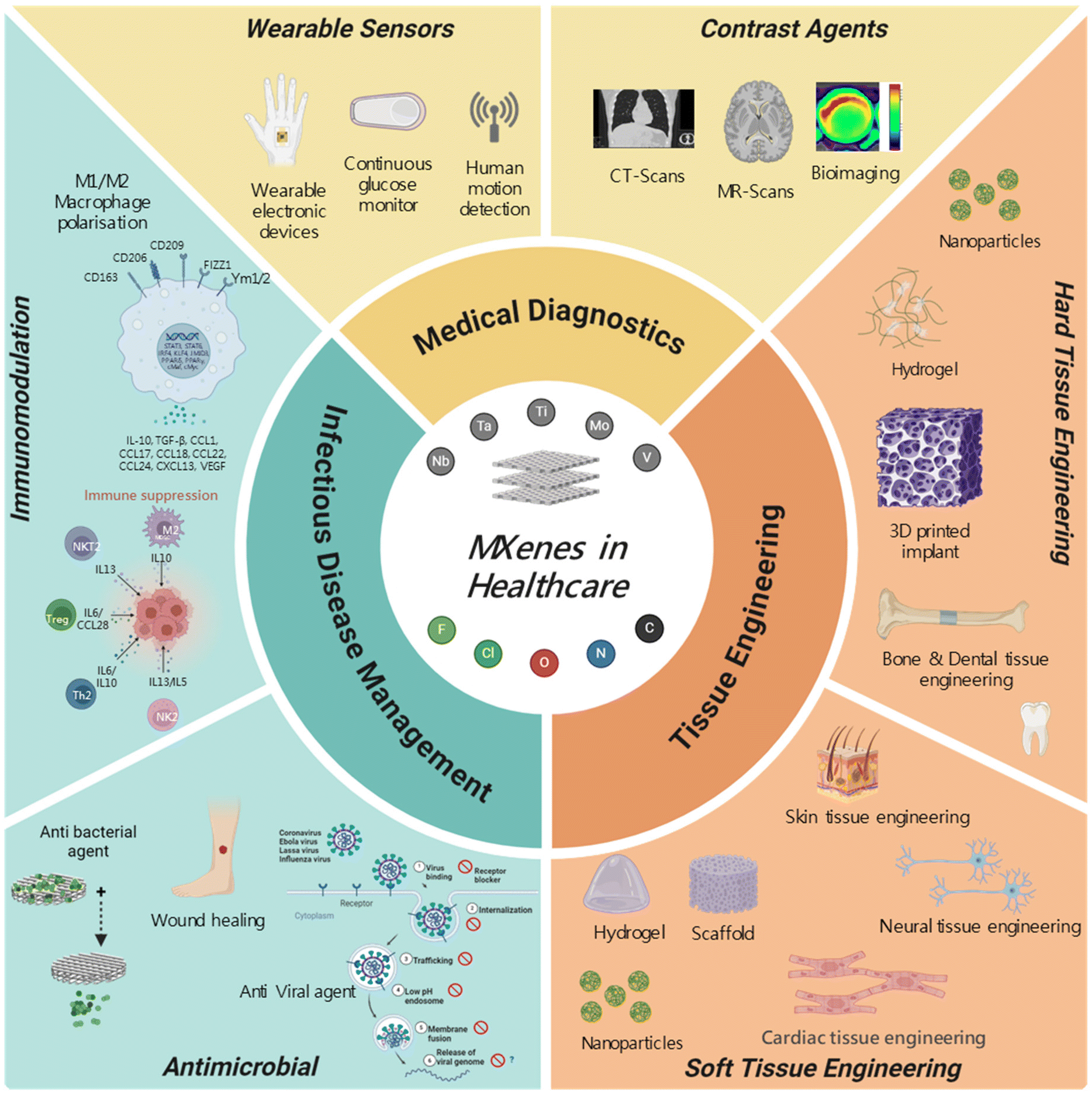 We are excited to announce the publication of latest review article on MXenes in Healthcare. This comprehensive review explores the groundbreaking role of MXenes—an emerging class of 2D materials—in revolutionizing the fields of medical diagnostics and therapeutics. Read the full article here: https://doi.org/10.1039/D4NR04853A.
We are excited to announce the publication of latest review article on MXenes in Healthcare. This comprehensive review explores the groundbreaking role of MXenes—an emerging class of 2D materials—in revolutionizing the fields of medical diagnostics and therapeutics. Read the full article here: https://doi.org/10.1039/D4NR04853A.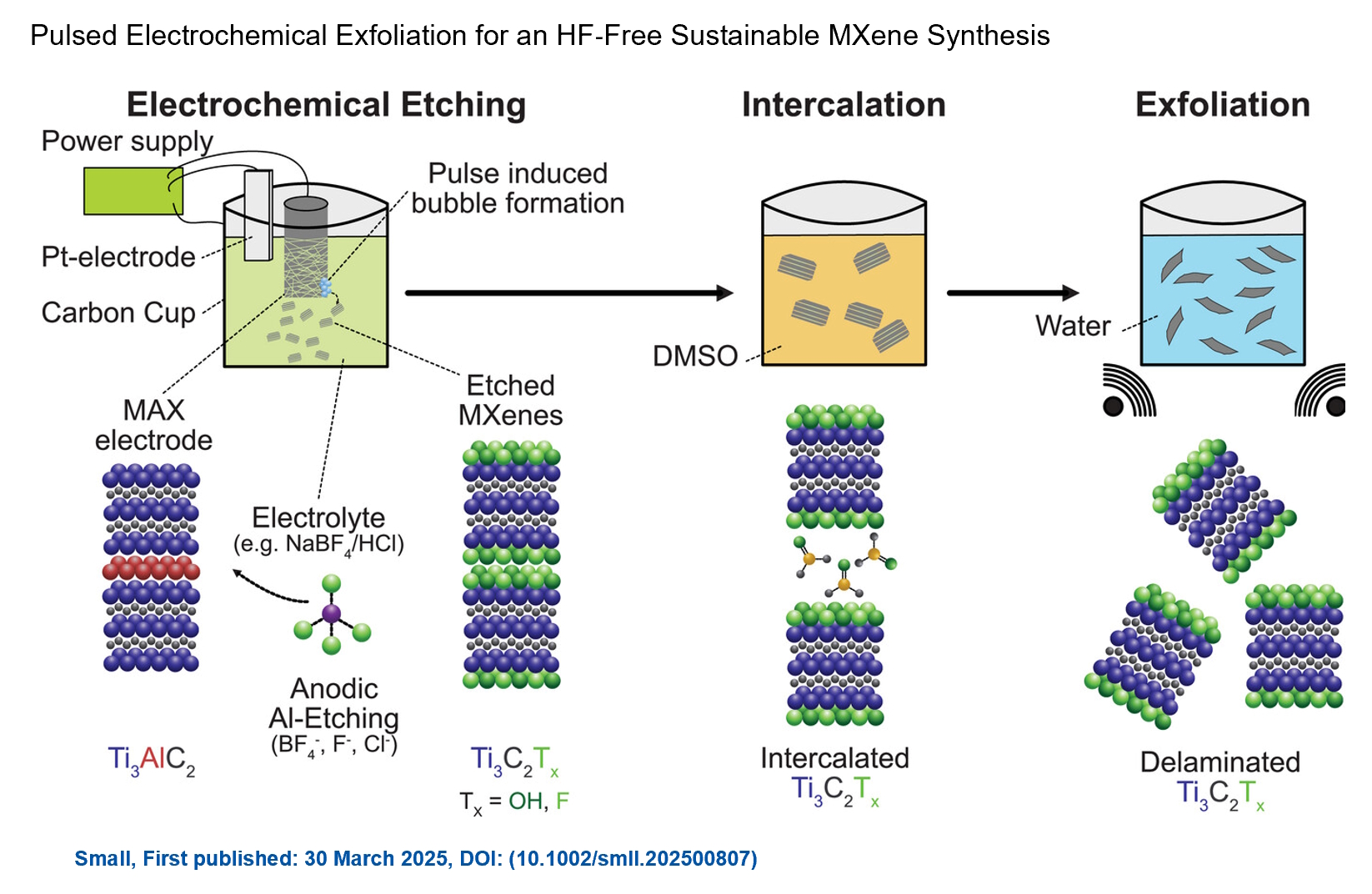 Congratulations and thank you to our collaborators from TU Wien and CEST for very interesting work and making it published! In this work, an upscalable electrochemical MXene synthesis is presented. Yields of up to 60% electrochemical MXene (EC-MXene) with no byproducts from a single exfoliation cycle are achieved.
Congratulations and thank you to our collaborators from TU Wien and CEST for very interesting work and making it published! In this work, an upscalable electrochemical MXene synthesis is presented. Yields of up to 60% electrochemical MXene (EC-MXene) with no byproducts from a single exfoliation cycle are achieved.